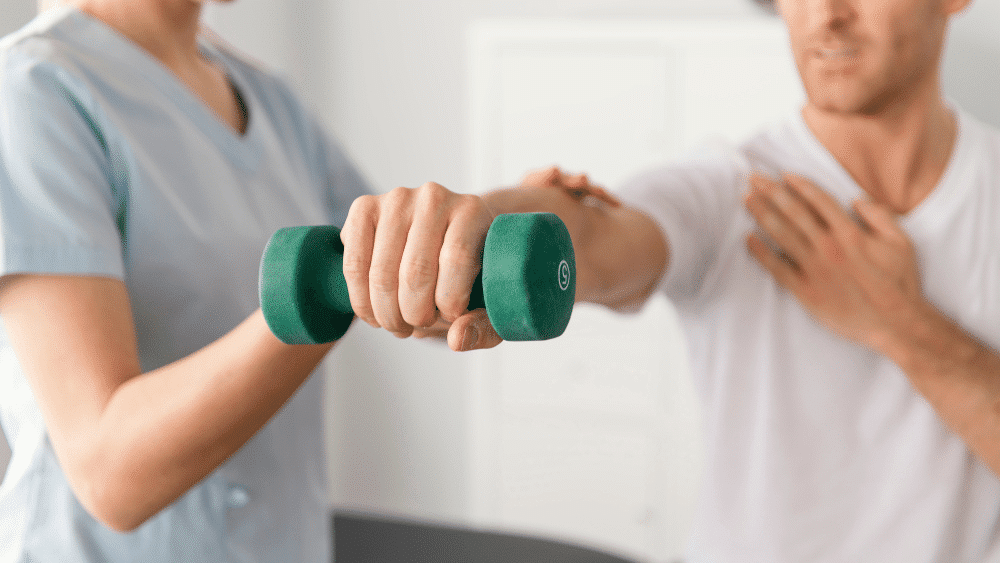
NFL Occupational Therapist: A Vital Role in Player Recovery and Daily Care

Occupational therapist assisting NFL player
Occupational therapy in the NFL involves helping players recover from serious injuries and maintain their daily living activities. These specialists work alongside physical therapists, focusing specifically on helping athletes perform essential daily tasks during their recovery period.
Understanding NFL Occupational Therapy
Sports occupational therapists assist athletes after severe injuries, helping them:
- Develop new methods for performing daily tasks
- Adapt to life while managing injuries
- Work around limitations during recovery
- Coordinate with physical therapists for comprehensive care
The key distinction from physical therapy is the focus on daily living activities rather than movement rehabilitation.
Salary and Employment Options
NFL occupational therapists can work either:
- Directly for NFL teams as full-time staff
- With sports rehabilitation clinics partnered with NFL teams
The median salary is approximately $85,500, though compensation varies based on experience and employment arrangement.
Career Requirements
Education:
- Bachelor's degree in biology, health science, or psychology
- Master of Occupational Therapy (MOT) or Doctor of Occupational Therapy (DOT)
Core Responsibilities:
- Evaluating patient conditions
- Developing treatment plans
- Demonstrating exercises
- Recommending specialized equipment
- Assessing and recording patient progress
- Coordinating with team staff and players
Experience:
- Prior sports medicine experience required
- Clinical practice with athletes
- Experience working with high-performance teams
Career Benefits:
- Direct work with professional athletes
- Comprehensive benefits package
- Prestigious career advancement opportunities
- Strong resume credentials
Path to NFL Employment:
- Complete required education
- Gain sports medicine experience
- Build professional network
- Monitor job openings with teams and partner clinics
- Apply early to available positions
- Maintain relevant certifications
Success in this role requires strong clinical skills, sports medicine knowledge, and the ability to work effectively with professional athletes and team staff.
Related Articles

Athletic Trainer Career Guide: Complete Steps to Enter Sports Medicine

